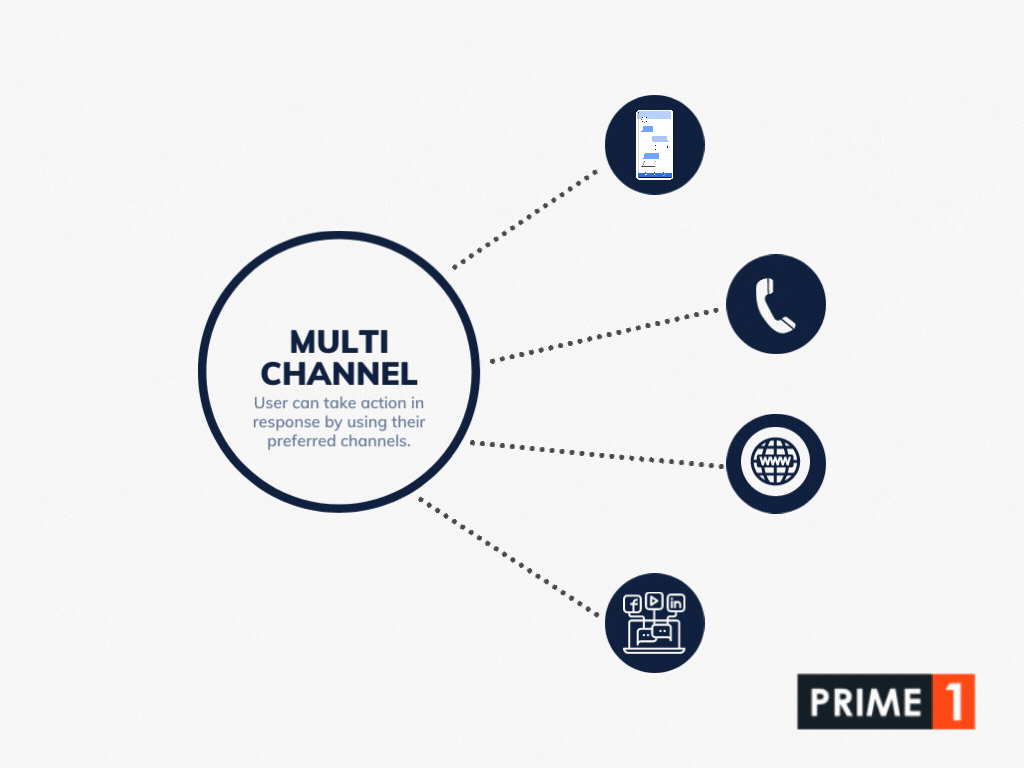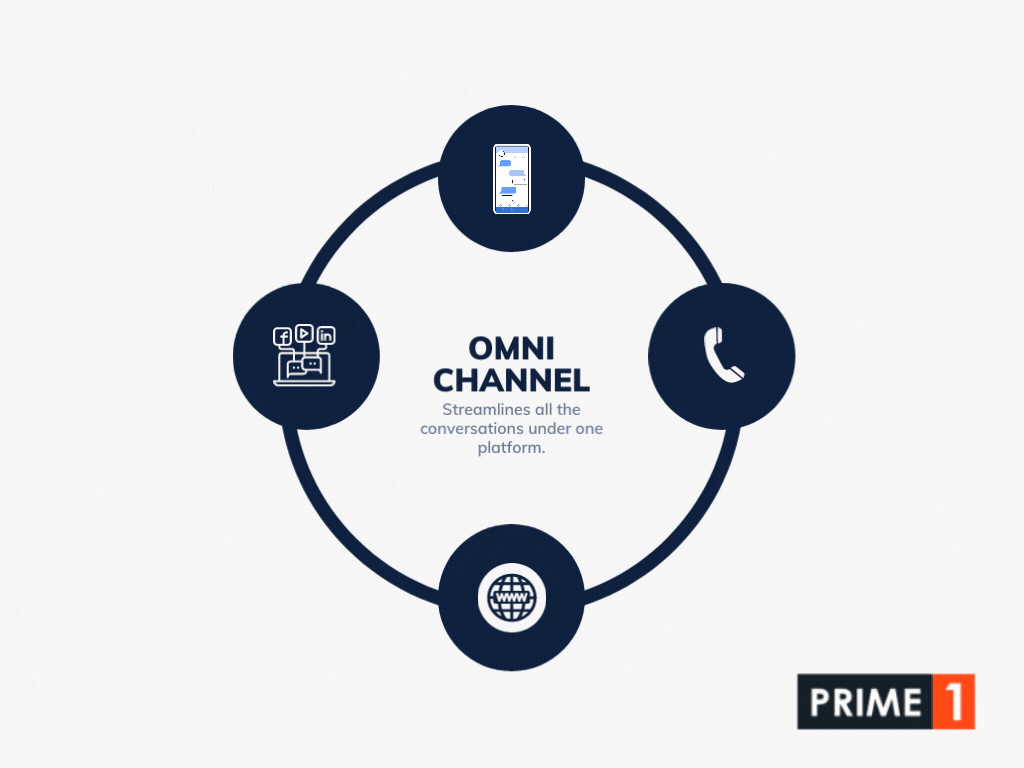Omnichannel vs Multichannel: The Key Differences to Consider


Before diving into Key Differences between Omnichannel vs Multichannel let us derive some major keywords. First and for most you should know channels; In brief channels are the way that we use to communicate like a phone call, website chats, social media chats etc. So, In a business channels can either be a marketing medium or a contact medium. Okay, then now let’s dive into the terms
Contents
In simple terms, Multichannel means communicating through multiple channels Such as phone, website, social media etc. And Omnichannel means keeping those multi-channel integrated. Like the ability to continue the same conversation on all other platforms. So, that’s it for this article Nah! You already know omnichannel is better than multichannel. If you think so, you should go through this whole article.
What is multichannel?

Since we already understand the term channel as a medium for communication and marketing; Multichannel can simply be derived as using multiple channels for communication and marketing.
For an instance let’s take a random scenario; Ever wondered why Coca-cola is sponsoring a movie on HBO or playing an advertisement in between a Spotify song. Even though it is not directly connected to their business they are communicating their brand through these channels.
On the other hand, Multi channels can also be used as Communication centres like providing various communication gateways to the targeted audience. Like proving a WhatsApp business chat support, website help desk and receptionist for the same business.
What is Omnichannel?

As we already got introduced to channels and Multi channels let’s derive the word “Omni”, which means “All” so, in our case omnichannel means all channels as one. If we can integrate and create a seamless experience within all different channels in a multichannel and make it like a single centre of a web🕸️ that’s it. That is an omnichannel.
For an instance let’s take the same random Coca-cola ad in between a Spotify song. If it can direct us to the Facebook messenger chat or some of their portal to connect us with another communication channel that is what an omnichannel is meant to do.
Key differences Between Omnichannel & Multichannel

One of the primary differences between omnichannel and multichannel is Multichannel practices are channel centric; which Means it focuses on the number of channels. Rather Omnichannel approaches focus on creating a reliable user experience.
Another key difference is that since the multichannel approach does not have any interconnections within the channels it depends on the platform. For instance, a customer cannot continue a chat from the same point where he left from another channel. Instead in Omnichannel, they can continue where they left from any other channels that they prefer. In short, the Omnichannel approach is platform-independent which prevents a lot of data duplication as well.
Above stated differences will make the multichannel approach between channels are fragmented when we compare it to the seamless omnichannel approaches
So, what we should choose?
In a business customer experience is always going to be a primary end goal that will lead the business into success. To achieve it is vital to provide a reliable customer experience. To achieve this instead of using a simple fragmented multichannel approach a seamless omnichannel approach can give the upper hand. So, why not go for it instead of sticking to traditional business practices.
Further, I strongly believe that there will be some other approaches that will evolve around which can eat up omnichannel as a snack. Till it evolves around…
Here you go… hope this blog might gave you what you were looking for and catch you later in my next Adios!

